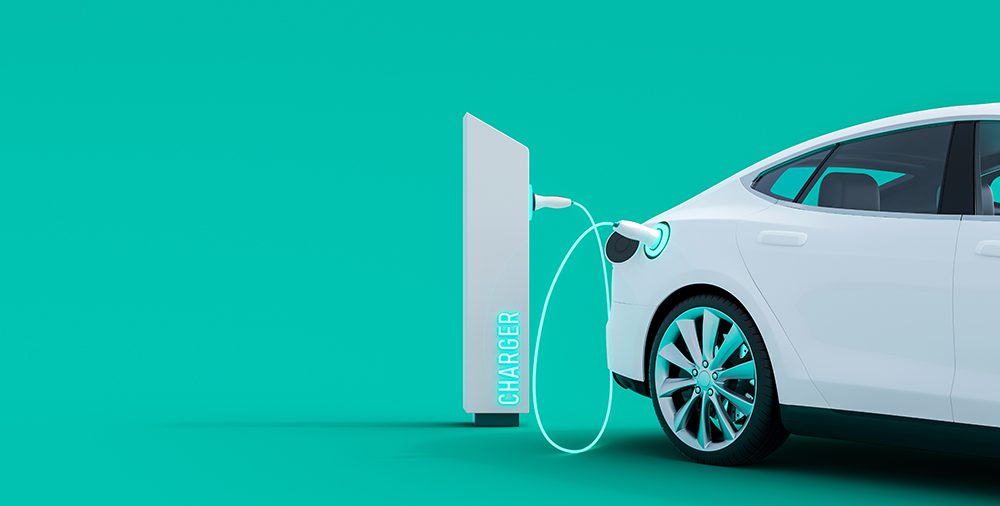As most drivers of a company car will be aware, if you have any private use of the vehicle this will result in a significant Income Tax charge. The benefit charge is the way that HMRC levy tax on this benefit in kind; and the higher the CO2 footprint of your company car, the higher the Income Tax charge.
Which is why many company car drivers are now looking at electric vehicles – either plug-ins or self-charging hybrids – as a tax efficient alternative.
For example, if you presently drive a gas-guzzling petrol driven car with a CO2 rating of 145g/km you could drastically reduce your benefit in kind tax charge by switching to a hybrid or fully electric car with a CO2 rating as low as 0g/km. There would still be a tax charge, even at 0g/km, but it would be based on a minimum 1% of the list price of the car when new, rather than 33% if rated at 145g/km.
Company car drivers whose private fuel is paid for by their employer will pay an additional Income Tax charge based on the Car Fuel Benefit charge. This charge is calculated by applying the above percentage rate (33% in our example above) to a fixed figure, £24,600 for 2021-22. Accordingly, the Car Fuel Benefit charge added to the driver’s taxable income would be £8,118.
Interestingly, since 6 April 2018, there is no taxable car fuel benefit where electricity is provided for an electric car. Legislation was included in the Finance Act 2019 with retrospective effect where the recharge facilities are made available to all employees at the workplace.
If an employee recharges a company vehicle at home and is then reimbursed for the cost of the electricity used, this may be challenged as earnings. However, the employee could then make a claim for the electric cost using the advisory rates. Currently this is 4p per mile for fully electric cars.
A final point, employers would also benefit from a shift to an all-electric company car fleet. They are obliged to pay a 13.8% National Insurance charge on the total value of benefits provided (car and car fuel benefits); in which case converting to electric would be an additional bonus.

